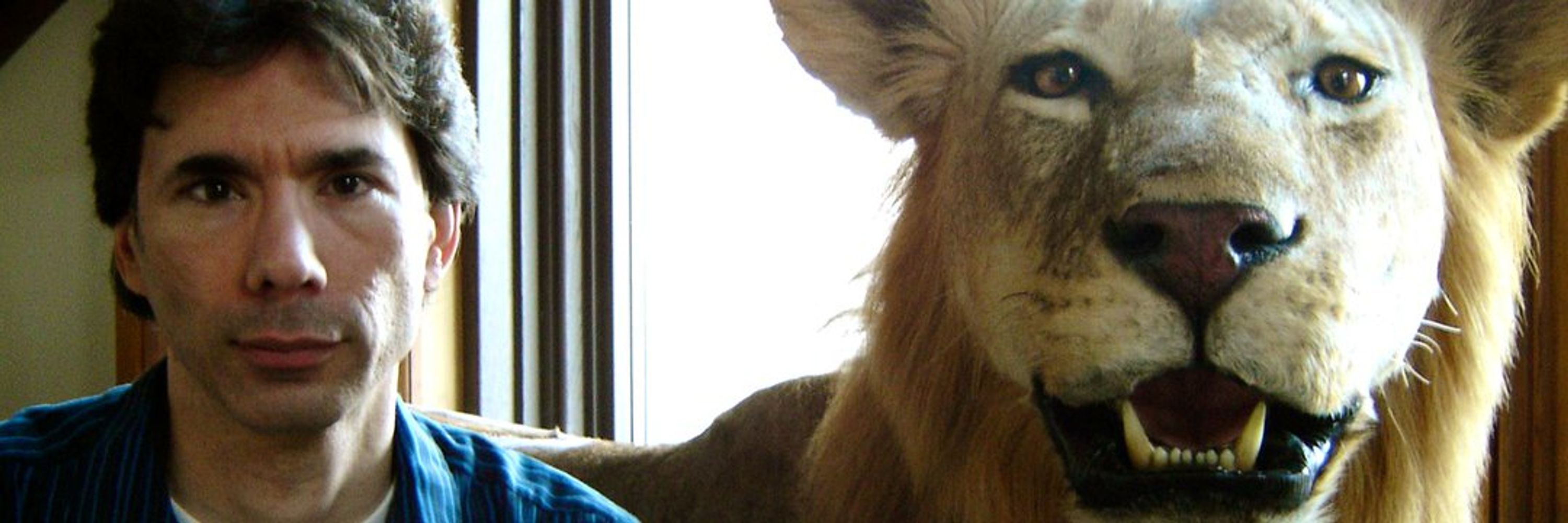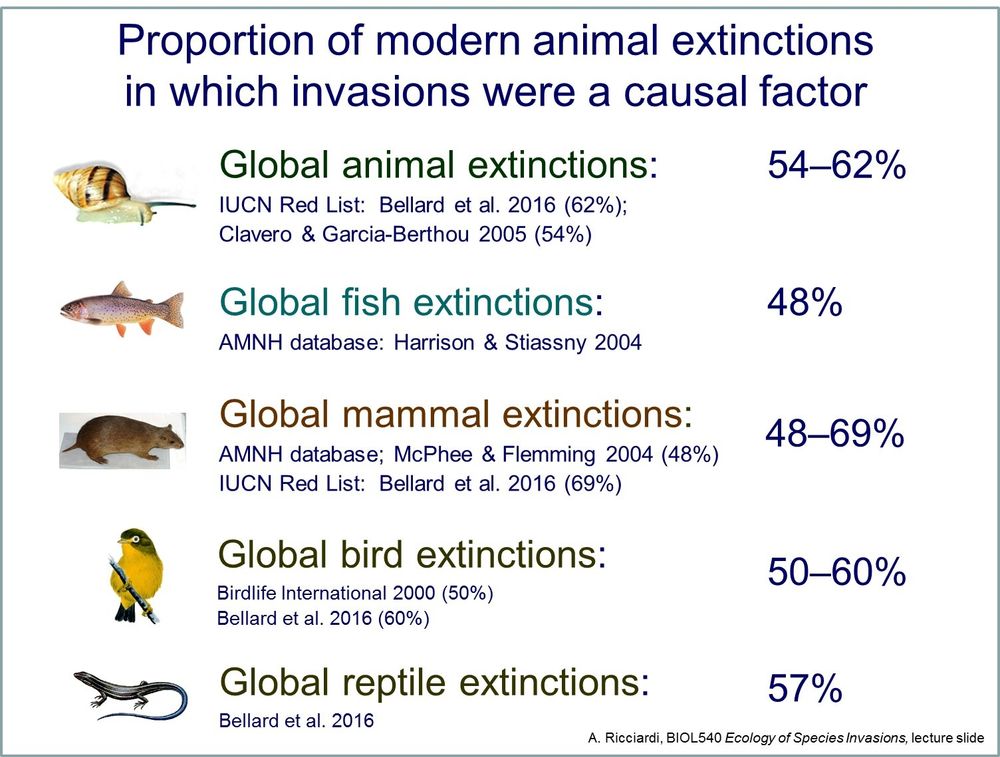

neobiota.pensoft.net/article/77920/

neobiota.pensoft.net/article/77920/



www.pnas.org/doi/full/10....


www.pnas.org/doi/full/10....
Months before he died, my former MSc supervisor Henry Reiswig said in a 2019 interview:
"Every day [involves] a discovery of a small piece of the Earth's biodiversity puzzle that I strive to solve before I leave the endeavour to the next generation." bit.ly/2PgO0KM

Months before he died, my former MSc supervisor Henry Reiswig said in a 2019 interview:
"Every day [involves] a discovery of a small piece of the Earth's biodiversity puzzle that I strive to solve before I leave the endeavour to the next generation." bit.ly/2PgO0KM
We found evidence of this for various aquatic systems. It is also supported by terrestrial studies. Eco-evolutionary context matters!



We found evidence of this for various aquatic systems. It is also supported by terrestrial studies. Eco-evolutionary context matters!
tinyurl.com/h9nrsta4

tinyurl.com/h9nrsta4




redpath-staff.mcgill.ca/ricciardi/Ri...
The mussel was found in California in 2024

redpath-staff.mcgill.ca/ricciardi/Ri...
The mussel was found in California in 2024
cdnsciencepub.com/doi/full/10....

cdnsciencepub.com/doi/full/10....
onlinelibrary.wiley.com/doi/10.1111/...


onlinelibrary.wiley.com/doi/10.1111/...

www.science.org/doi/10.1126/...


www.science.org/doi/10.1126/...


t.co/9NUoV81a54

t.co/9NUoV81a54
An additional line of evidence comes from recoveries of native species following invasive species eradications.

An additional line of evidence comes from recoveries of native species following invasive species eradications.
"Reviewer acceptance rates dropped steadily over the past two decades. Early-career researchers had the highest acceptance rates, while senior scholars were least likely to accept review invitations."
link.springer.com/article/10.1...

"Reviewer acceptance rates dropped steadily over the past two decades. Early-career researchers had the highest acceptance rates, while senior scholars were least likely to accept review invitations."
link.springer.com/article/10.1...
- Edward Abbey ('Desert Solitaire', 1968).
#WorldRiversDay #StLawrenceRiver

- Edward Abbey ('Desert Solitaire', 1968).
#WorldRiversDay #StLawrenceRiver


The mixing vessel concept is important for understanding the emergence of invasive zoonotic pathogens from farming practices.

The mixing vessel concept is important for understanding the emergence of invasive zoonotic pathogens from farming practices.



